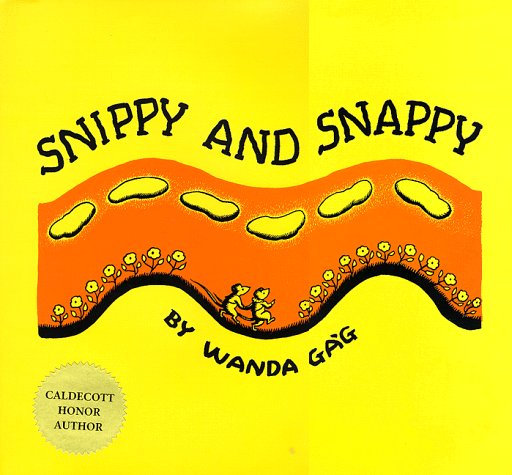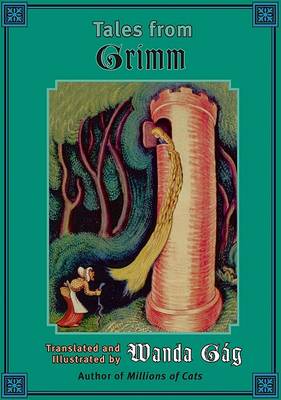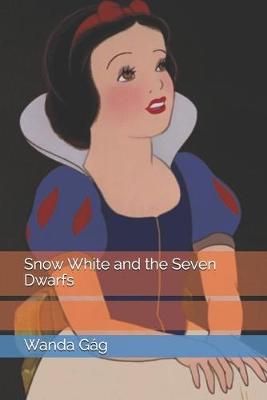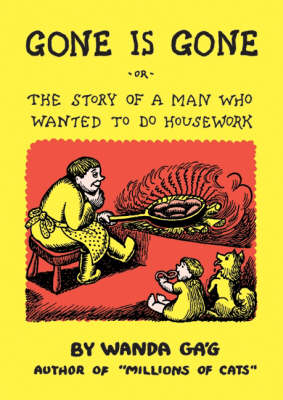Fesler-Lampert Minnesota Heritage
8 total works
The classic illustrated folktale by the author of Millions of Cats—now back in print after nearly thirty years!
Gone Is Gone addresses an age-old question between couples—who works harder? This long-out-of-print children’s book is based on a charming Bohemian tale recited to Wanda Gág when she was a child, and is now once again available to enchant audiences of all ages. The tale’s sly peasant humor and conversational style combined with Gág’s expressive black-and-white illustrations made the book an instant classic.
In this delightful story we meet Fritzl, who lives on a farm with his wife Liesi and their baby. Fritzl works hard in the fields every day. Liesi works hard all day, too, but Fritzl somehow feels that he works harder. When he complains about how hard he works and how easy Liesi has it, doing nothing but “putter and potter about the house a bit,” Liesi calls his bluff and suggests they trade places. The hilarious outcomes of Fritzl’s calamitous day at home are portrayed in Gág’s singular illustrations. In the end Fritzl admits that Liesi’s work is “none too easy” and begs to return to his fields and not do housework another day. “Well then,” says Liesi, “if that’s how it is, we surely can live in peace and happiness for ever and ever.”



